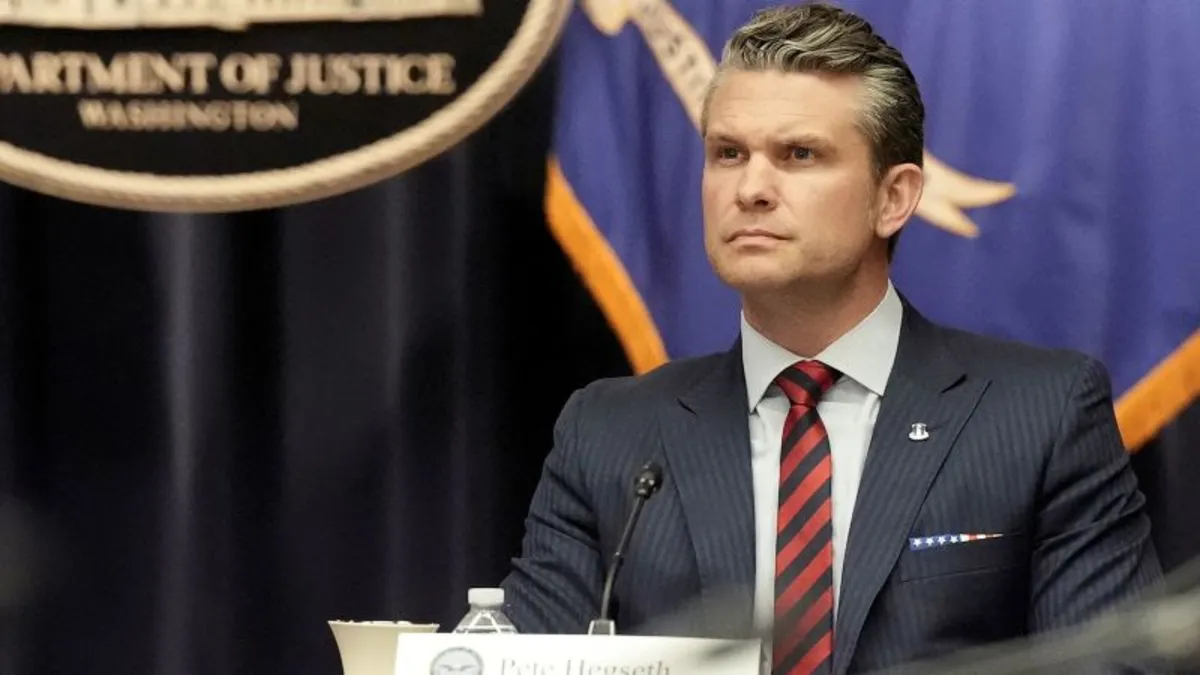
In a bold move aimed at reforming military leadership, US Secretary of Defense Pete Hegseth has directed senior Pentagon officials to implement a reduction of at least 20% in the number of four-star generals and admirals across the military. This directive was outlined in a memo signed by Hegseth on Monday and has been acquired by CNN.
As of 2023, the military comprises 37 four-star generals and admirals. In addition to this, the memo specifies a 20% reduction in the number of general officers within the National Guard and a 10% overall cut in the total number of general and flag officers across the military. Currently, there are approximately 900 general and flag officers—those holding the rank of one star or higher—serving in various capacities.
In his memo, Hegseth emphasized that these reductions are a “critical” measure to “remove redundant force structure” and to optimize military operations by streamlining leadership roles. The Secretary of Defense’s push for these changes aligns with broader efforts within the administration to reduce the size of the federal government, as reported by CNN in March.
In light of the ongoing restructuring, the Pentagon is also contemplating significant alterations to the top tier of military leadership. This includes the potential consolidation of combatant commands, which may involve merging European Command and African Command.
Hegseth has previously voiced concerns regarding the number of senior generals in the military, expressing during his confirmation hearing that he believes there are too many individuals in high-ranking positions. In a podcast interview last summer, he stated that he estimates roughly a third of the military’s senior officers are “actively complicit” in the politicization of the military. He described a scenario where many officers are “grumblers,” who, while trying to resist the shift, are not effecting genuine change.
In a subsequent podcast, Hegseth criticized senior military officers for “playing by all the wrong rules” to appease “ideologues in Washington, DC.” He argued that certain practices related to social justice, gender issues, and climate concerns are being prioritized, suggesting that these factors are used by officers to advance their careers.
The current administration has already initiated an unprecedented overhaul of military leadership, which included the dismissal of key figures such as the chairman of the Joint Chiefs of Staff and the Navy chief in February. On the same day, Hegseth indicated that he was “requesting nominations” to replace the military services’ senior legal advisors, also known as the Judge Advocates General for the Army, Navy, and Air Force.
This evolving situation reflects ongoing debates about military structure and leadership efficacy, and future developments will likely continue to shape the landscape of the US military.